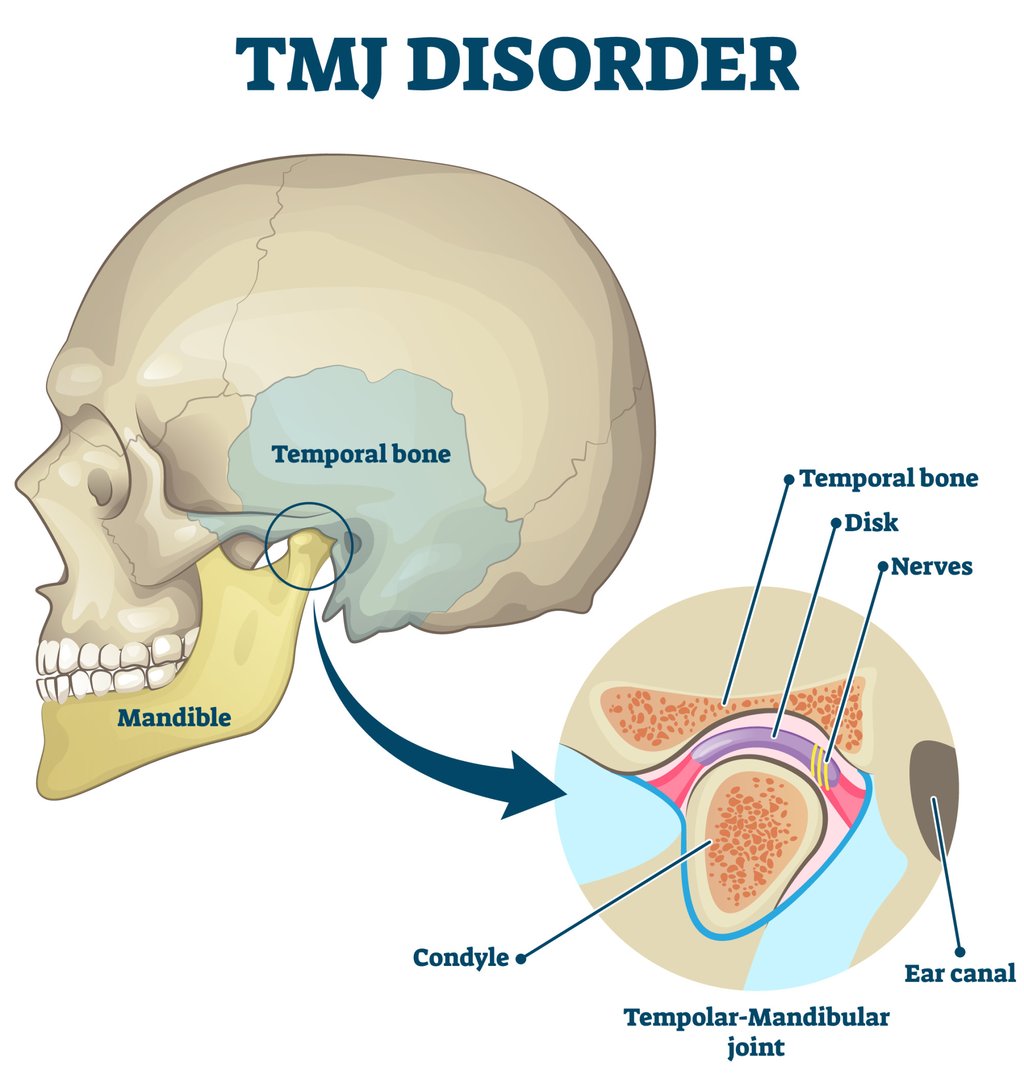Explainer | Why does my jaw click? If it’s a TMJ disorder you should get it checked out
An untreated TMJ disorder could eventually make it hard to open your mouth. We look at its causes, symptoms, treatment and prevention

The temporomandibular joint (TMJ), which connects the lower jaw to the skull, allows a person to open and close their mouth.
Chronic stress or frequent consumption of tough food can trigger disorders in this joint – often starting with a clicking sound in the jaw.
Left untreated, this condition could eventually make it difficult to open your mouth, experts warn.
What is a TMJ disorder?
TMJ disorder refers to functional abnormalities and pain occurring in the jaw joint, surrounding ligaments and the muscles involved in chewing.

It can appear suddenly in acute cases but more often develops gradually over many years. Since it is not caused by bacteria or viruses like the common cold, ongoing management is essential, even after treatment.
What are the main symptoms?
There are three main signs to watch out for: joint noises, pain and restricted mouth opening.
If you only hear clicking sounds in your jaw, immediate treatment may not be necessary.
However, if left unaddressed, the articular disc that enables smooth jaw movement may shift out of place. This can block the joint’s movement, making it hard to open your mouth.
Before that stage, people often feel pain in the chewing muscles, with symptoms such as cheek pain, tension headaches, or pain near the ears, neck and shoulders.